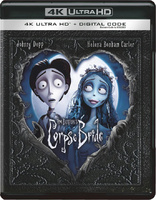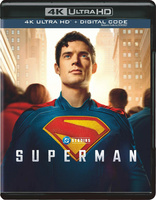Did you know that Blu-ray.com also is available for United Kingdom? Simply select the
|
|
|
||||||||||||||||||||
|
||||||||||||||||||||||
As an Amazon associate we earn from qualifying purchases. Thanks for your support!
×
|
Did you know that Blu-ray.com also is available for United Kingdom? Simply select the |
Best Blu-ray Movie Deals
|
Best Blu-ray Movie Deals, See All the Deals » |
Top deals |
New deals
|
 $74.99 |  $101.99 7 hrs ago
|  $124.99 18 hrs ago
|  $23.79 3 hrs ago
|  $35.99 1 day ago
|  $99.99 |  $24.96 |  $70.00 |  $29.95 |  $33.49 |  $134.99 4 hrs ago
|  $24.96 |
What's your next favorite movie?
Join our movie community to find out
Join our movie community to find out

Image from: Life of Pi (2012)













 Linear Mode
Linear Mode

